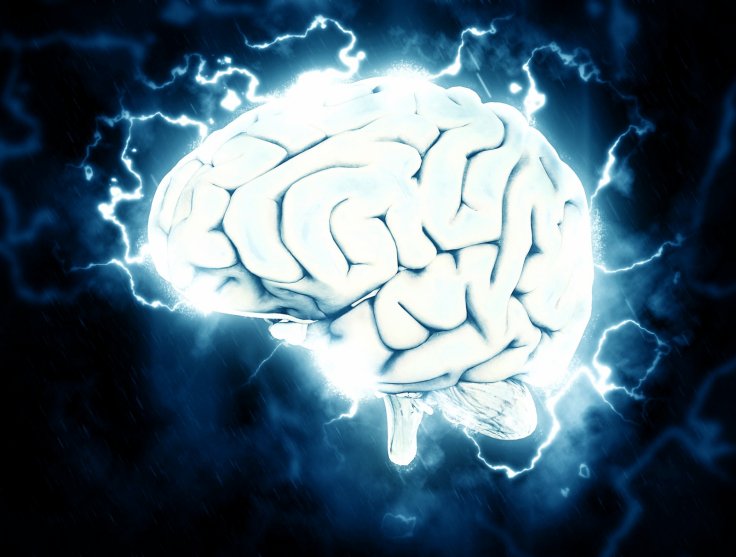Numerous neurological conditions are known to affect the quality of life of its sufferers and their day to day functioning. Offering better insights into the genetic factors contributing to it, a new study has reported the discovery of genetic mutations that play a crucial role in causing a wide spectrum of nervous conditions.
According to the study led by researchers from the Murdoch Children's Research Institute (MCRI), two mutations in the gene KIF1A was responsible for the development of rare neurological disorders. The gene is linked to a rare nervous condition known as KIF1A-Associated Neurological Disorders (KAND).
"Our study will lead to more diagnoses by expanding the mutation pool further, finding new KIF1A gene mistakes that cause KAND and related disorders," said Dr. Simranpreet Kaur, lead author of the study in a statement.
Genetic Mutations With Devastating Outcomes

Dr. Kaur explained that the mutations affecting the KIF1A gene result in "traffic jams" within the neurons. This leads to the triggering of a wide range of crippling and progressive disorders of the brain. KAND is an example of one disorder. Not only does it affect the brain but also other parts of the body such as nerves, muscles and the eyes. Being extremely rare, it affects around 300 children worldwide every year. However, its effects are damaging.
"KAND symptoms often appear at birth or early childhood, have varying severity and can result in death within five years of life. Because clinical features overlap with other neurological disorders, children can be misdiagnosed or remain undiagnosed for a long period of time," said Dr. Kaur.
Identifying Defects In Genes
For the study, the team examined a girl with Rett syndrome—an acute and rare genetic neurological disorder that mostly affects females—who had not been diagnosed with the disease through genetic analysis. The disease leads to developmental impairment, loss of motor skills and speech problems.
The team also analyzed three individuals who had a severe neurodevelopmental disorder and exhibited Rett syndrome-like symptoms and had defects in their KIF1A gene. Employing cutting genetic techniques, the authors found that the girl having Rett syndrome—which has not been associated with KAND so far—also possessed an unidentified mutation within the KIF1A gene. Thus, the study helped the girl with a diagnosis that had been unknown for 15 years.

"We used a range of testing methods to show that the girl had a mutation which disrupted her KIF1A gene that subsequently affected the function of KIF1A in the brain," explained Dr. Kaur. The scientists also found that the other three participants, who presented clinical symptoms that overlapped with Rett syndrome, carried mutations that impeded the activity of KIF1A. She added, "This suggests that KIF1A defects contributed towards the development of features overlapping with Rett syndrome."
Potential for Customized Treatments
Prof. John Christodoulou, co-author of the study averred that the findings of the study have opened up the potential avenues for the development of individualized treatments for patients with KAND, thereby, improving the lives of afflicted children and their families.
He also recommended that the genetic testing for mutations in the KIF1A gene be made mandatory for individuals with genetically undiagnosed Rett syndrome. Although, he admitted that the significant overlapping of clinical symptoms other neurodevelopmental disorders with of Rett syndrome does present a challenge.
"However, recent advances in next‐generation sequencing have allowed us to identify new mutations in a growing list of genes known to cause intellectual disability, severe epilepsy and/or autistic behaviors where individuals have similarities to Rett syndrome, therefore providing a definitive genetic diagnosis for patients and closure for affected families, " he concluded.








